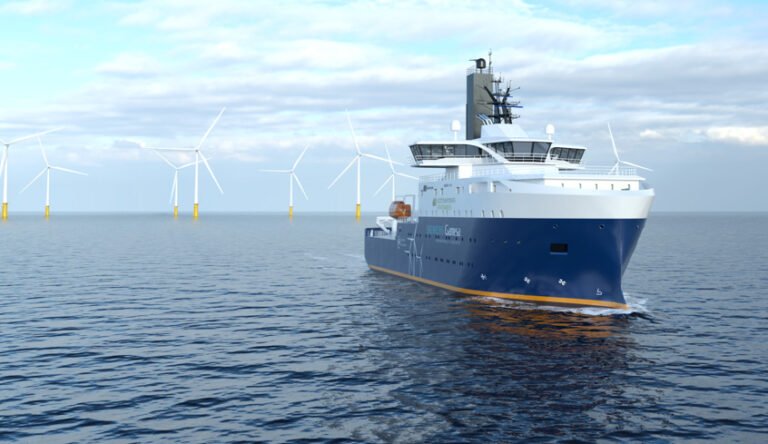Exploring the Potential of E-SOVs in Offshore Wind Farm Operations
The integration of battery-powered service operation vessels (E-SOVs) into offshore wind farm operations is not only technically feasible but also holds significant economic and operational benefits, as revealed in a recent study conducted by ScottishPower Renewables and Stillstrom by Maersk.
The Study and Its Implications
The study, commissioned by ScottishPower Renewables, is part of a series aimed at decarbonizing offshore operations and reducing greenhouse gas emissions. Findings from the study are being shared through the Operation Zero initiative, which focuses on achieving zero-emission operations and maintenance vessels.
Stillstrom, a provider of offshore charging solutions established by Maersk Supply Service, plays a crucial role in enabling the transition to E-SOVs in offshore wind farms.
Decarbonization and Cost Savings
According to Kristian Borum Jorgensen, CEO of Stillstrom, the collaboration with ScottishPower Renewables underscores the potential of E-SOVs to fully decarbonize vessel operations in offshore wind farms, leading to sustainability and cost-effectiveness. The study found that the business case for E-SOVs is competitive with traditional marine gas oil-fueled vessels and offers cost advantages over other decarbonized solutions.
E-SOVs can operate in zero-emission mode for up to 18-19 hours a day without requiring a charge, significantly reducing service vessel-related GHG emissions. Charging E-SOVs at offshore wind farms provides control over fuel costs and minimizes exposure to volatile fuel prices and geopolitical risks.
Future Sustainability Goals
ScottishPower Renewables aims to reduce absolute greenhouse gas emissions for offshore projects by more than two-thirds by the end of the decade. The partnership with Stillstrom and the insights gained from the study demonstrate the potential of decarbonizing marine operations to achieve this ambitious goal.
Ross Ovens, Managing Director for Offshore at ScottishPower Renewables, emphasizes the importance of integrating innovative technologies like E-SOVs into offshore wind farms to pave the way for a cleaner energy future. Collaboration through initiatives like Operation Zero is crucial for collectively working towards sustainable practices.

